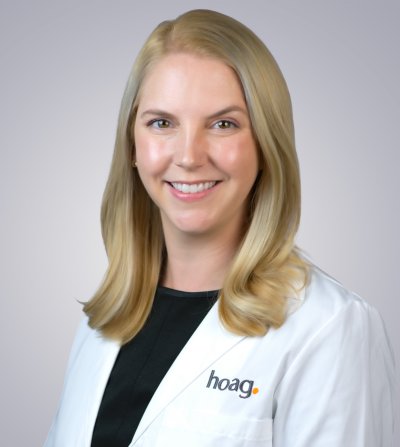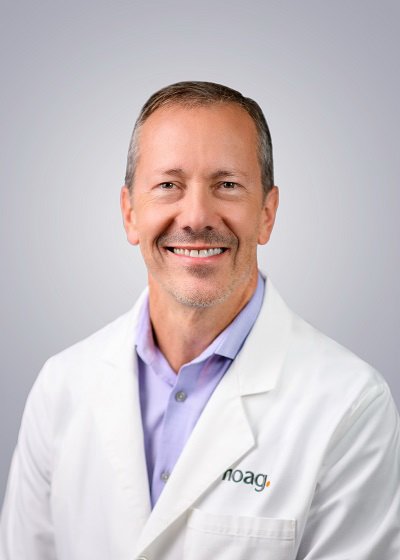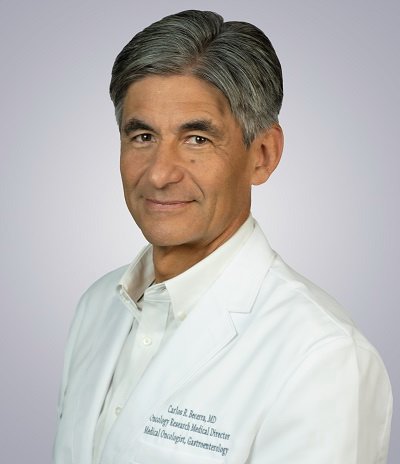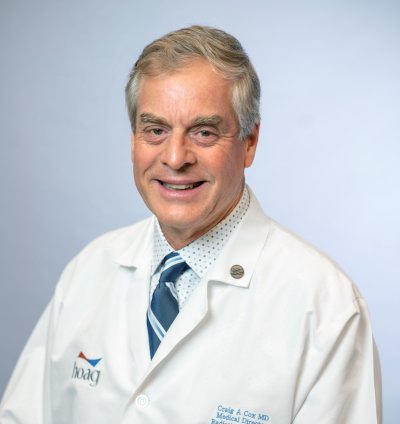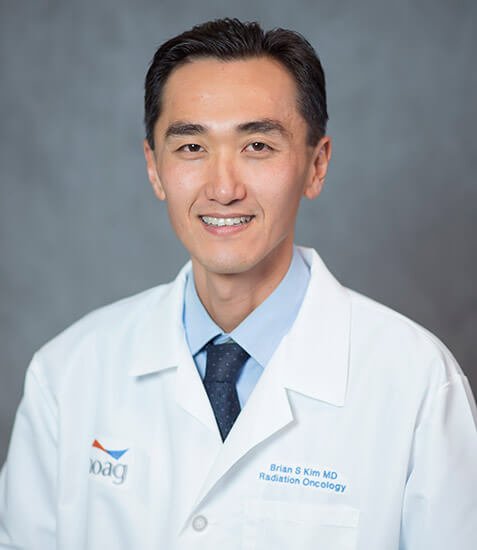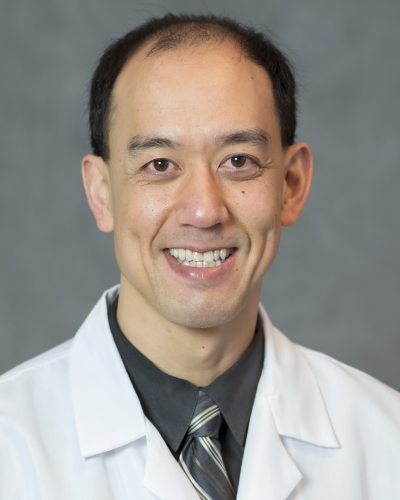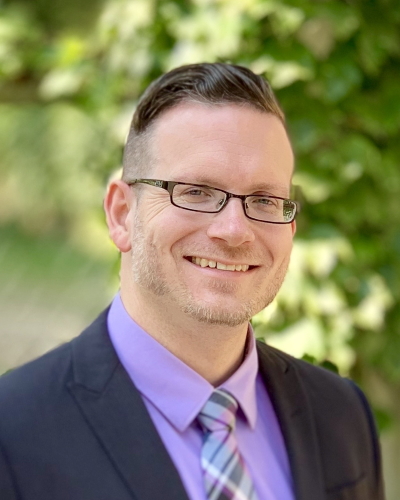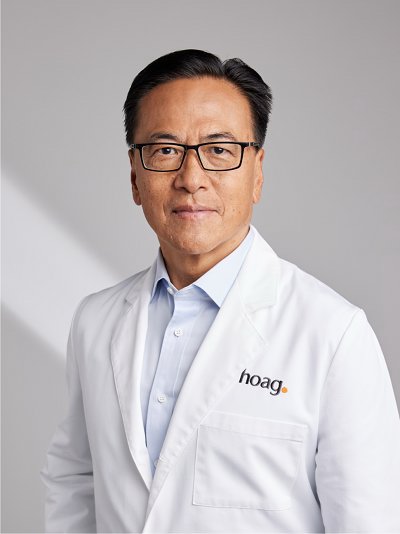Hoag is a high-volume referral center for complex gastrointestinal disorders. Hoag’s multidisciplinary team of gastroenterology experts works together to thoroughly review and determine the best treatment option suited to each individual patient. The team then carefully tailors a personalized treatment plan to effectively achieve the best possible outcome for the patient. This emphasis on a collaborative, comprehensive approach to patient-centered care is why Hoag patient outcomes rank are among the nation’s best.
Once gastric cancer is diagnosed, important staging tests are performed to determine if the cancer has spread, and if so, to what extent. The type of treatment recommended depends upon the stage of the cancer and may include options such as:
Surgery
The standard of care for gastric cancer is surgical removal of the tumor with dissection of lymph node tissue around the surrounding structures. The amount of stomach removed depends on the size and location of the tumor. Surgery also removes as much of the lymph node tissue surrounding the stomach as possible to remove all potential regional sites of tumor spread and maximize the chance of cure.
When appropriate, minimally invasive techniques may be applied for the operation, such as state-of-the-art robotic and laparoscopic gastrectomy, which results in less scarring and discomfort, as well as a faster recovery time for the patient. The Hoag gastrointestinal surgical team has not only one of the highest volumes and expertise for innovative gastric cancer surgeries, but also the lowest morbidity and mortality rates.
Chemotherapy
Chemotherapy is the use of drugs to kill cancer cells. The drugs enter the bloodstream and travel through the body killing mostly cancer cells, but also some healthy cells. Chemotherapy is often combined with surgery in the treatment of gastric cancer. The utilization of chemotherapy is selective, and may be used before or after surgery.
Radiation Therapy
Radiation therapy uses radiation to kill cancer cells and shrink tumors. On occasion, radiation therapy may also be necessary in the treatment of gastric cancer based upon the type/stage of cancer. As a nationally recognized leader in state-of-the-art radiation therapies, Hoag’s Radiation Oncology Program is yet another example of the institute’s commitment to excellence in innovative cancer treatment.
Targeted Therapy
Targeted therapy uses drugs that attack specific abnormalities within cancer cells. The most common targeted therapies used to treat gastric cancer include:
Trastuzumab (Herceptin) for stomach cancer cells that produce too much HER2,
Imatinib (Gleevec) for a rare form of stomach cancer called gastrointestinal stromal tumor, and
Sunitinib (Sutent) for gastrointestinal stromal tumor.
Tests are performed on your cancer cells to help your physician to determine whether these targeted treatments are likely to work for you.
The Most Advanced Treatment Options Are Now Available in Orange County
When it comes to seeking out the most advanced academic-level gastrointestinal care, there is no longer any need to travel long distances. Hoag offers the latest in state-of-the-art diagnosis and leading-edge treatment options that may not be readily available at other centers, including participation in clinical trials that helps to bring advanced gastrointestinal care to even more patients.
Perhaps the most distinguishing aspect of Hoag’s advanced treatment of gastrointestinal conditions is that in each and every case, treatment is always specifically tailored to the meet the unique needs of the individual patient.
Expert Care You Can Trust
The Hoag Digestive Disease Center continues to lead the way in complex gastrointestinal care, providing access to a highly specialized surgical team that works collaboratively with Hoag-affiliated GI and medical oncology specialists. Hoag’s committed to accurate diagnosis, combined with progressive therapeutic options enables Hoag patients to achieve some of the highest clinical outcomes in the nation.
To schedule a comprehensive diagnostic evaluation, or a second-opinion consultation with a Hoag gastroenterology expert, call us at 949-764-8379.


